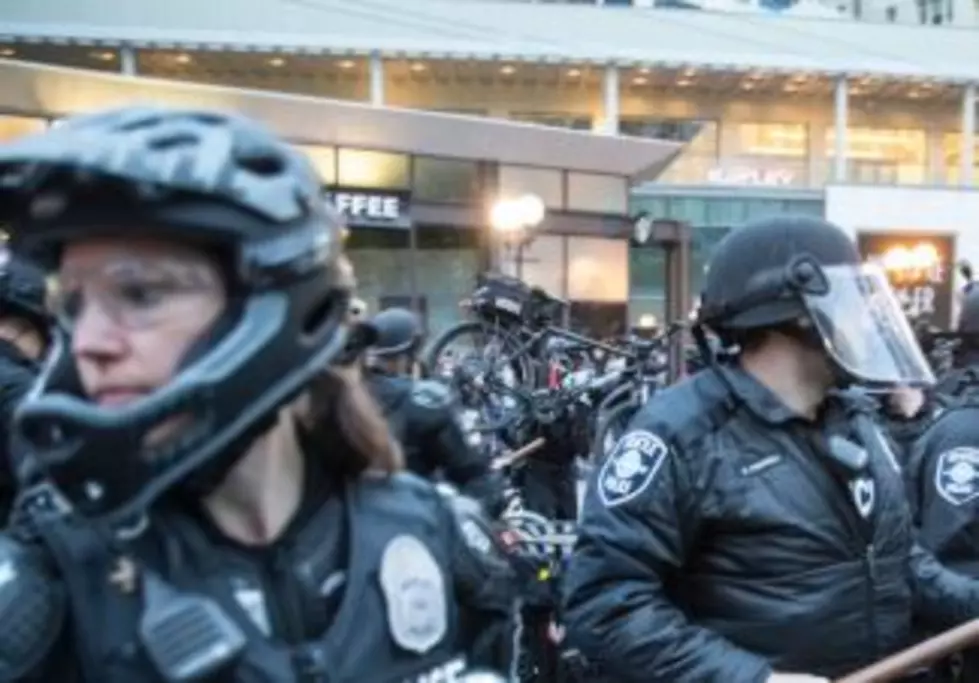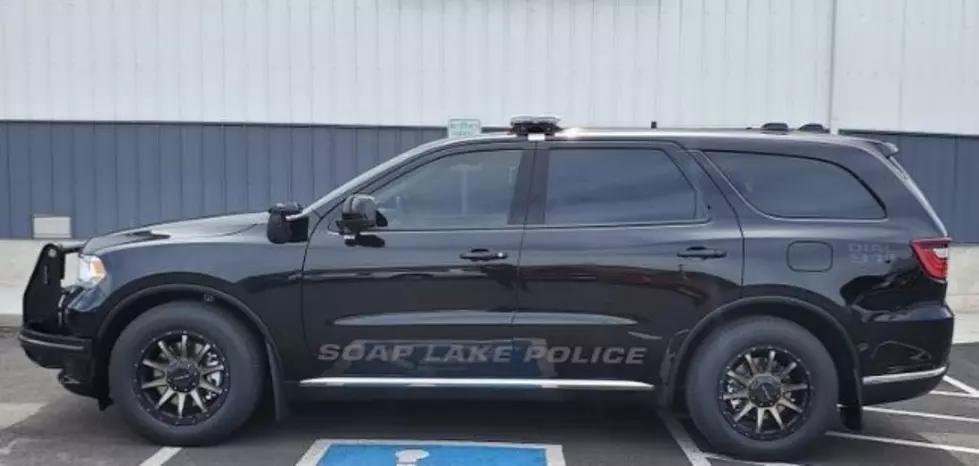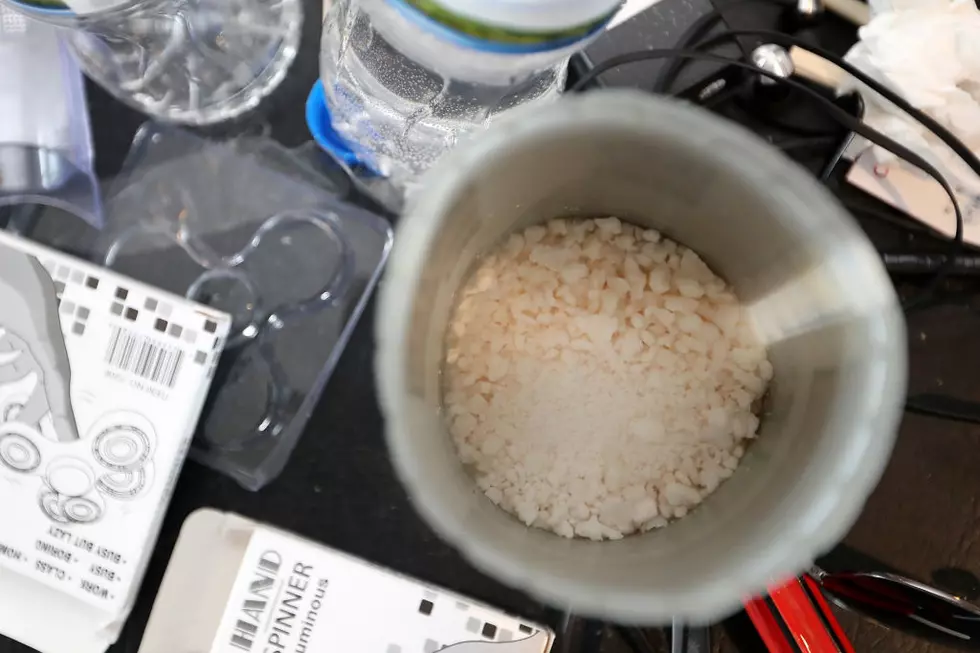
Police Unions Blast Inslee Over COVID Prisoner Release
It appears Gov. Inslee's decision to release at least 950 offenders 'early' from Washington State's correctional facilities was not run by police before being signed off on.
Two unions, the Seattle Police Officers Guild (SPOG) and King County Police Officers Guild both released statements regarding the order Inslee signed off on, which read in part:
(these criminals)“are behind bars for a reason.” Concern was also expressed “about the safety of our neighborhoods in these already difficult times” .
It has also become apparent that Inslee and the DOC (Department of Corrections) did not brief police in detail about this. The Seattle Police Officer's Guild President Officer Mike Sloan told Seattle media "why weren't we consulted?" (on this matter).
Seattle is already reeling from a months-long policy forced down on officers, King County prohibits jail bookings for most misdemeanor crimes -- meaning there's already hundreds more offenders staying on the streets.
Even before the COVID crises, staffing issues in the Seattle Department led to more difficulty patrolling areas. And since the COVID lockdowns began, the West Seattle Precinct has seen an 87% jump in burglaries.
Inslee signed off on the release order Wednesday. The idea to spring these inmates came one day after a riot at Monroe Correctional Facility, allegedly by prisoners 'upset' over COVID exposure and procedures. The following day, Inslee announced the plan.
They are reportedly non violent offenders, but some in Seattle and elsewhere are asking how many of these prisoners plea bargained their way down to lesser offenses, in order for prosecutors to get convictions? That question also remains unanswered.
The DOC also has not, according to Senator Jim Honeyford, laid out any contingency plan for ensuring none of these 950 inmates have the COVID-19 virus. There has not been a widely published list made readily available showing who these inmates are, or at least which facilities they are being released from.
The majority, according to DOC, are within 2-3 months or sooner of their release dates; a sizable number were incarcerated reportedly for drug related crimes. Some will be released to the general public, some, according to KHQ-TV in Spokane, will spend at least some time in halfway house or acclimation programs.
For the large number who are not, officials worry that many of them will no home or place to stay, they'll end up on the streets, and thus become far more likely to reoffend.
More From 870 AM KFLD









